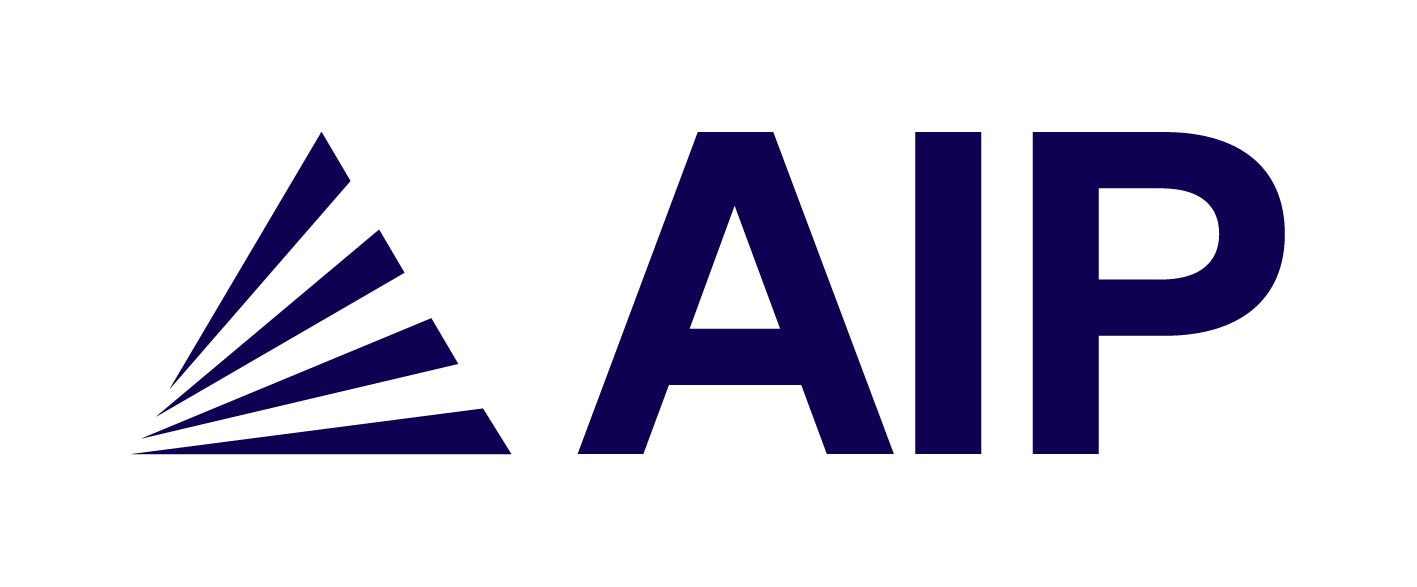Newswise — WASHINGTON, May 27, 2020 -- The American Institute of Physics will be continuing its Society of Physics Students Summer Internship program for 2020 in a virtual setting. The SPS Summer Internship program was restructured to accommodate the current state of the world but will still provide a comprehensive and complete experience for this year’s interns.
Sixteen undergraduates were selected and have accepted positions in the summer program. They will be placed with organizations that will utilize their knowledge, experience and energy to advance meaningful assignments relevant to the organizations and the advancement of physics and astronomy more generally.
The interns will be connecting, working and meeting remotely throughout the summer. They will also participate in group activities in virtual settings that will give them a similar experience to those who have previously gone through the program.
“There are really great and amazing intern programs across the county, but SPS is unique,” said Brad Conrad, director of the Society of Physics Students. “We specifically try to pull together different types of internships to offer varied opportunities, where the students can come together and share their experiences.”
The students will be working with organizations on Capitol Hill and at the National Institute of Standards and Technology, NASA and AIP. Students come from universities and colleges from across the United States.
“AIP is delighted we have been able to offer these future leaders of our community an exciting internship opportunity this summer, notwithstanding the impacts of the COVID-19 pandemic,” said Michael Moloney, AIP’s CEO. “Against the backdrop of so many student internships and summer work experience programs being canceled across the country, we could not have reimagined this program without the support of our partners at government laboratories, on Capitol Hill, and among our Member Societies.”
“It’s so heartening to see people who care about their community and are willing to go above and beyond for them,” said Hale Stolberg, a physics student at American University. “While I am bummed that I will not get to spend the summer in D.C., I know that I’ll be able to make some of the wonderful connections I’d been hoping to make online.”
“Really appreciate everyone at SPS and AIP going out of their way to adjust the experience to our new reality,” said Kyle Blasinsky, a physics student at John Carroll University.
The students will begin their remote internships June 1 and conclude in August. Participating organizations assign one or more mentors from their senior staff to guide each intern’s work and overall experience.
The interns receive $5,000 for their work plus earn a $1,000 travel award to go to a future meeting to present research and network. They will participate in a weekly colloquium series and professional development workshops and compete against one another in fun challenges like bad physics movie posters.
“These students are the best and brightest of the future physics community,” Conrad said. “As closely as possible, we are trying to provide a sense of normalcy for the students’ experiences. The connections made through this program will last a lifetime.”
The SPS national office administers the program, hosts joint orientation and concluding sessions, and holds many group activities throughout the summer. For more information, see SPS Internship Program Details. To read about their experiences, visit Intern Blog Postings.
###
About American Institute of Physics
The American Institute of Physics (AIP) is a 501(c)(3) membership corporation of scientific societies. AIP pursues its mission—to advance, promote, and serve the physical sciences for the benefit of humanity—with a unifying voice of strength from diversity. In its role as a federation, AIP advances the success of its Member Societies by providing the means to pool, coordinate, and leverage their diverse expertise and contributions in pursuit of a shared goal of advancing the physical sciences in the research enterprise, in the economy, in education, and in society. In its role as an institute, AIP operates as a center of excellence using policy analysis, social science, and historical research to promote future progress in the physical sciences.
###
